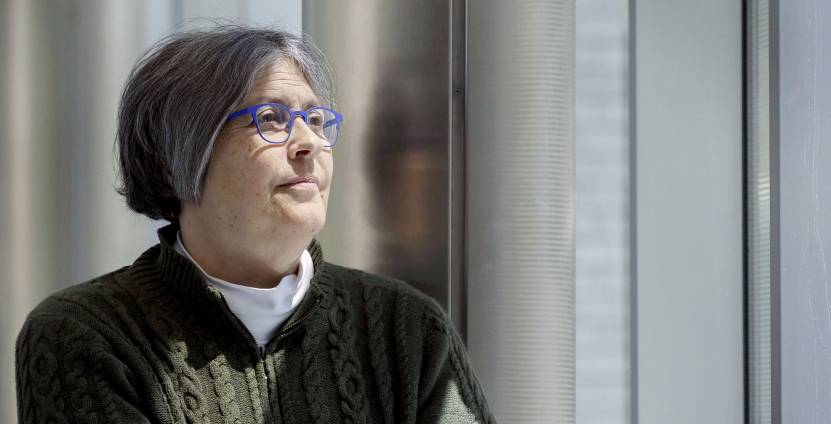
Dementia diagnoses do not always get noted on hospital medical claims, an oversight that may negatively affect patient outcomes, a study of inpatients admitted from nursing facilities has found.
With the help of Minimum Data Set assessment data, investigators examined links between dementia diagnosis documentation on hospital claims and invasive mechanical ventilation (IMV) use, intensive care unit or coronary care unit (ICU/CCU) use, 30-day mortality, and hospital length of stay (LOS).
Among more than 120,000 patients with advanced dementia and a nursing facility stay, 91% had a dementia diagnosis documented on their hospital claim. Patients with this documentation were less likely to experience these adverse outcomes when compared to their peers without inpatient documented diagnoses, according to study lead and end-of-life care expert Joan M. Teno M.D., of Oregon Health and Science University, Portland, OR.
The good news is that clinicians may now be recognizing dementia at higher rates among hospitalized patients with a previous nursing facility stay, Teno and colleagues discovered in another study published in April. When hospital documentation is lacking, the cause may be physicians attributing cognitive problems to normal aging or prioritizing physical ailments, they concluded.
Notably, the hospital claims of patients aged 66 to 75 years were less likely to be accurate than those of other age groups, that study found. This result suggests that physicians do not always look for signs of dementia in the relatively younger cohort of older adults, the authors wrote.
The current study was published in the Journal of the American Geriatrics Society.



